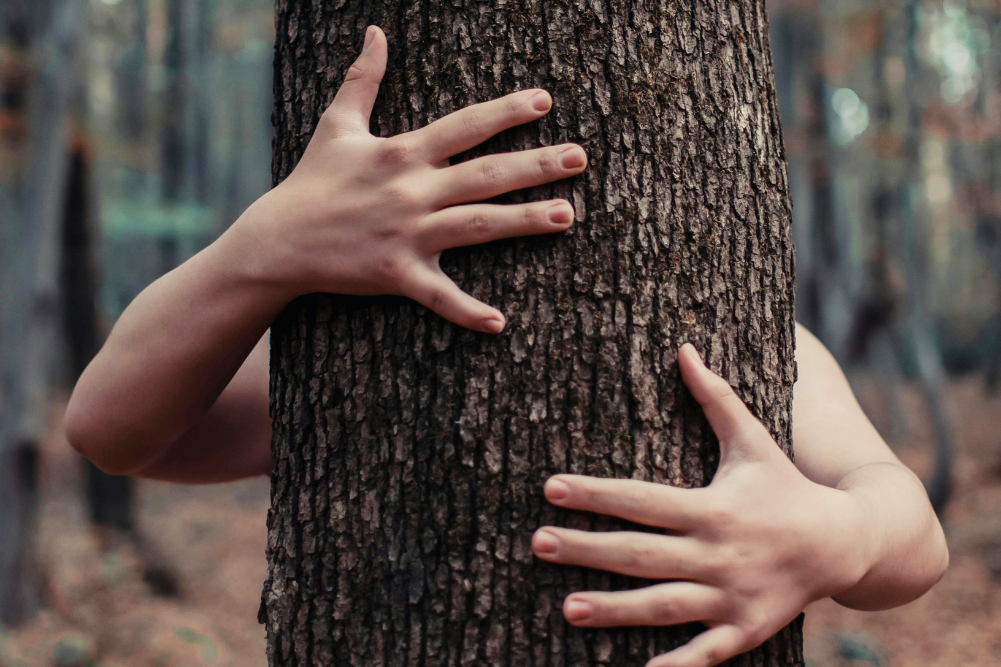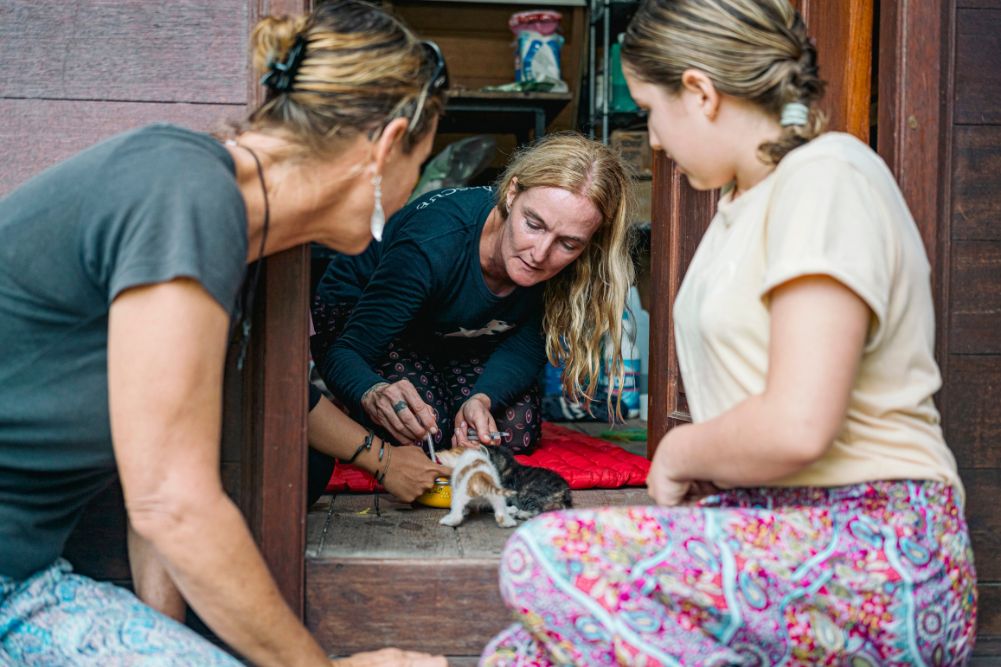Losing the gift
When the three wise men came to visit the baby Jesus they brought with them three gifts; gold, frankincense, and myrrh. Whatever your thoughts about the nativity story, at the least this illustrates the importance placed upon these three commodities. Some two thousand years after the birth of Jesus however, we may be about to lose one of these precious items forever.
Frankincense is the resin derived from various species of the Boswellia tree, a small deciduous tree that is native to large portions of Africa. Cutting the Boswellia’s bark produces the frankincense resin which has a strong and sweet smell. Due to its scent, frankincense is burnt as incense in churches and mosques as well as used by the perfume industry. In herbal medicine the sap of Boswellia serrata is used as anti-inflammatory to treat conditions like arthritis.
Unfortunately, the popularity of frankincense could be spelling its end.
Dutch researchers have monitored two thirteen hectare plots of Boswellia, some of which were tapped for resin and others which were not. Over two years they monitored survival, growth, and seed production of more than 6000 trees. As a result they collected data allowing them to build statistical models predicting what could happen to the world’s Boswellia trees.
Their findings suggest that Boswellia populations are declining so dramatically that frankincense production will be halved within fifteen years. Within 50 years there will only be one tenth of the current number of Boswellia trees still surviving. The research also suggests that it is not just tapping for resin that is the problem but that burning, grazing, and attack by the long-horn beetle are causing problems as well.
This confluence of factors is likely to cause the extinction of Boswellia unless management practices for Boswellia are improved. This will require changes in harvesting and farming but also moderation in global demand. If we wish to save frankincense and the Boswellia trees that provide it, then a united and worldwide campaign is required.







